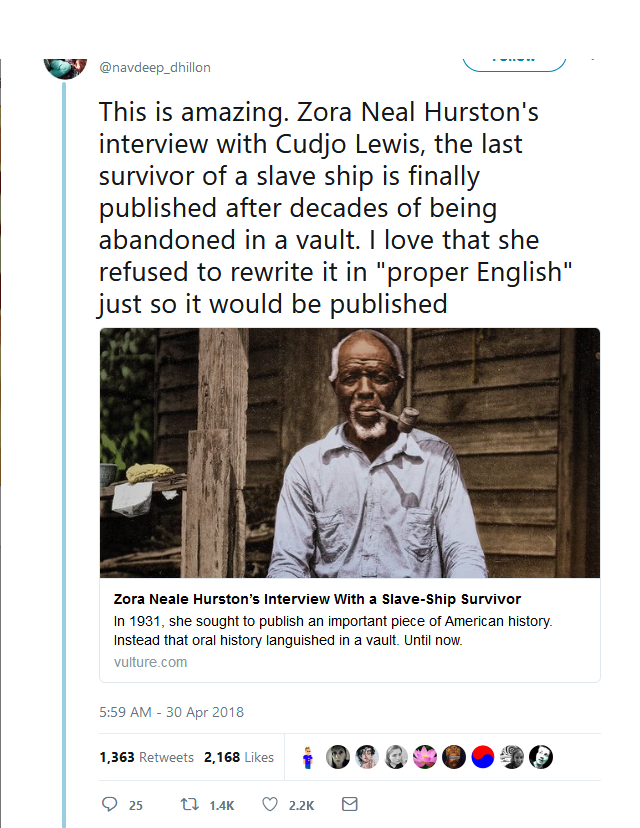Yesterday, I posted on "'How Millennials are Destroying the Philly Accent'" (11/29/18). Last night, before I went to bed, I wanted to add a comment about my views on the difference between "dialect" and "accent", but didn't have the energy to type it out. So I was pleased to find when I woke up this morning that others share the same view.
Namely, in my idiolect, and in the speech of my family and people from my neck of the woods (Osnaburg township, northeast Ohio), "accent" refers to distinctive pronunciation, whereas "dialect" gets into differences of vocabulary, grammatical constructions, and so on — but still implies mutual intelligibility (which is why I've always, even before becoming a Sinologist, considered it strange to call Cantonese, Taiwanese, etc. "dialects" of "Chinese"). Thus, for me and my circle back home, we say things like "He / She has a special / odd / unique / funny / peculiar accent" and are only talking about differences in pronunciation, such that we surmise they're from somewhere else, and often we can form a judgement about where they're from, or at least have some idea about it, even though we might be wrong. However, when we say that somebody has a "thick" accent, such that it makes intelligibility difficult, and when they use many words that are unknown to us and employ grammatical constructions that are unfamiliar to us, then it's getting over toward the dialect end of the accent-dialect scale. There's another scale between dialect and language, the dialect-language scale, but that's a separate matter, one which we have debated endlessly on Language Log.
Read the rest of this entry »
